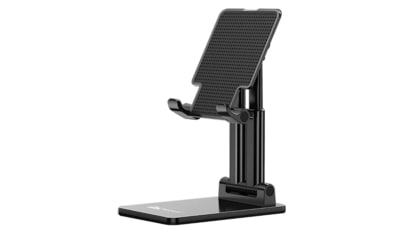Russia to Bring Soyuz Spacecraft Back to Earth Following Coolant Leak
Russia plans to bring its Soyuz spacecraft back to Earth without its original crew after the vehicle sprang a coolant leak while docked with the International Space Station.
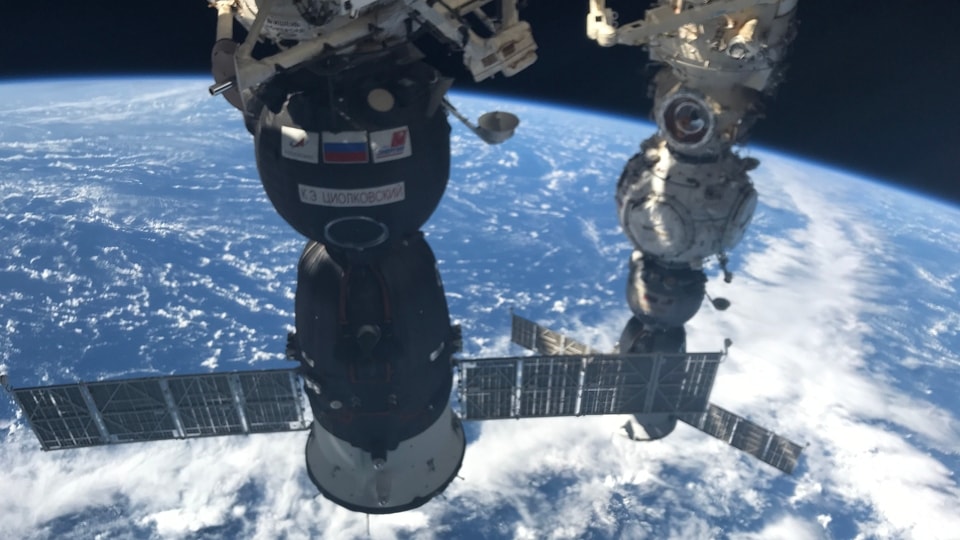
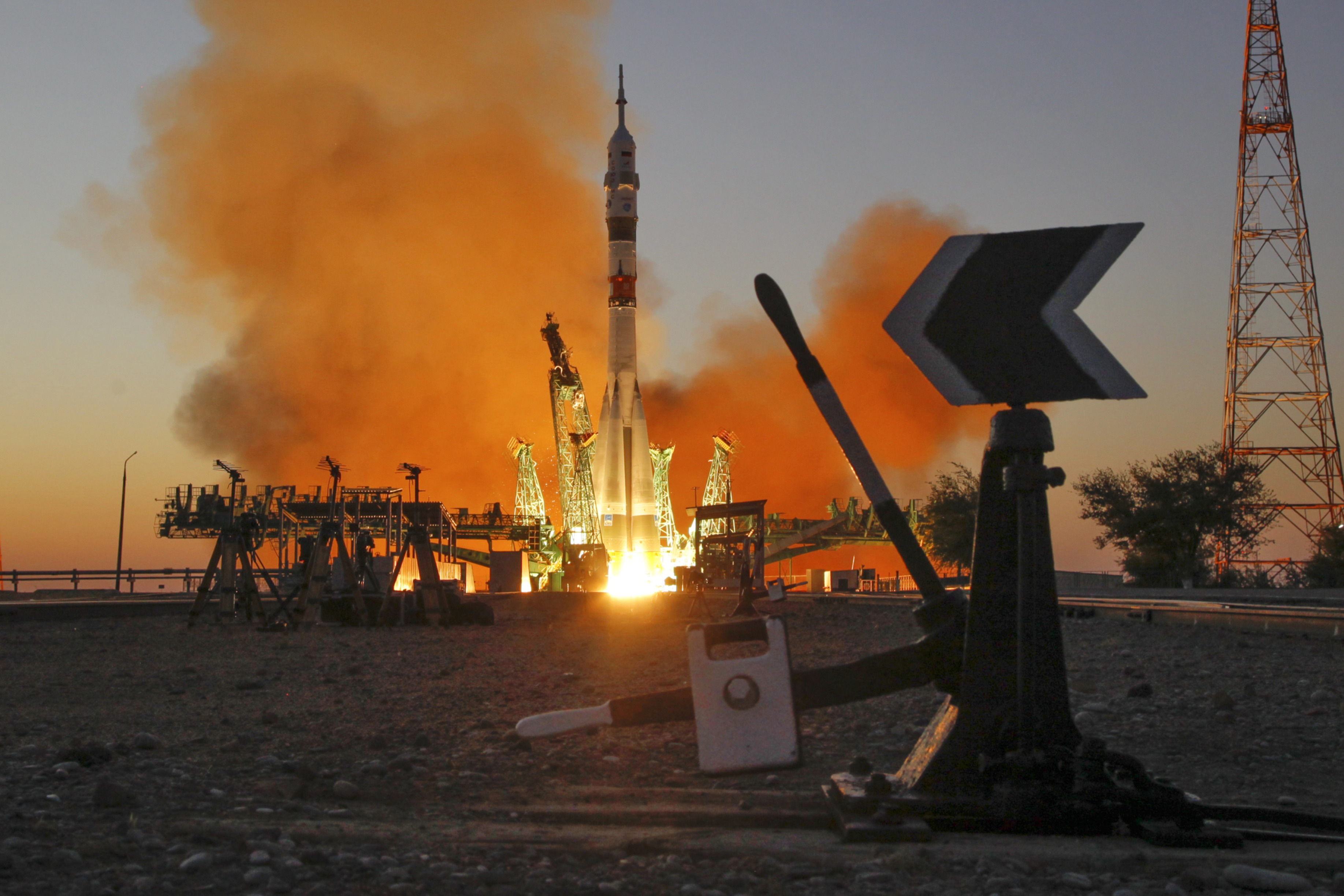
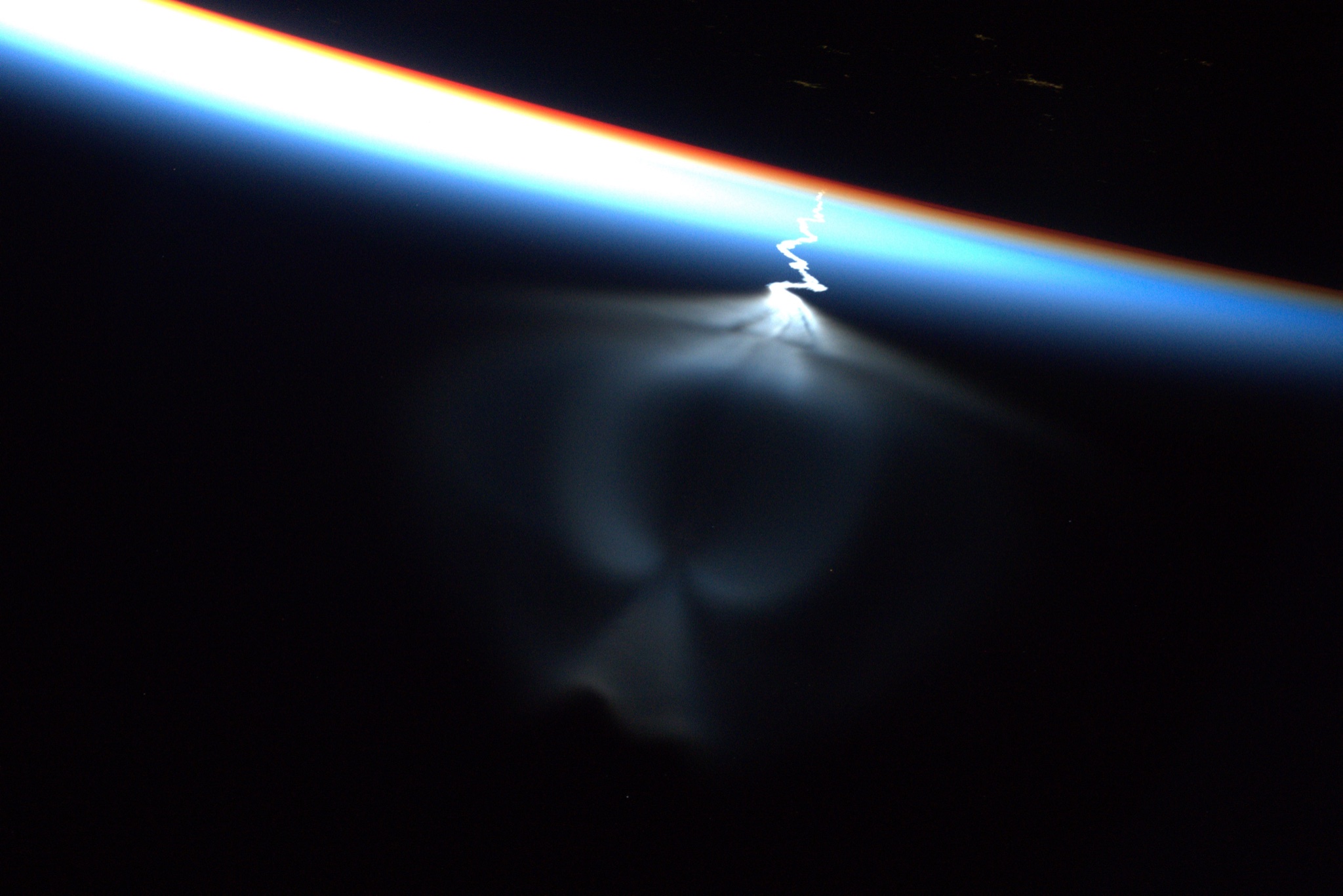
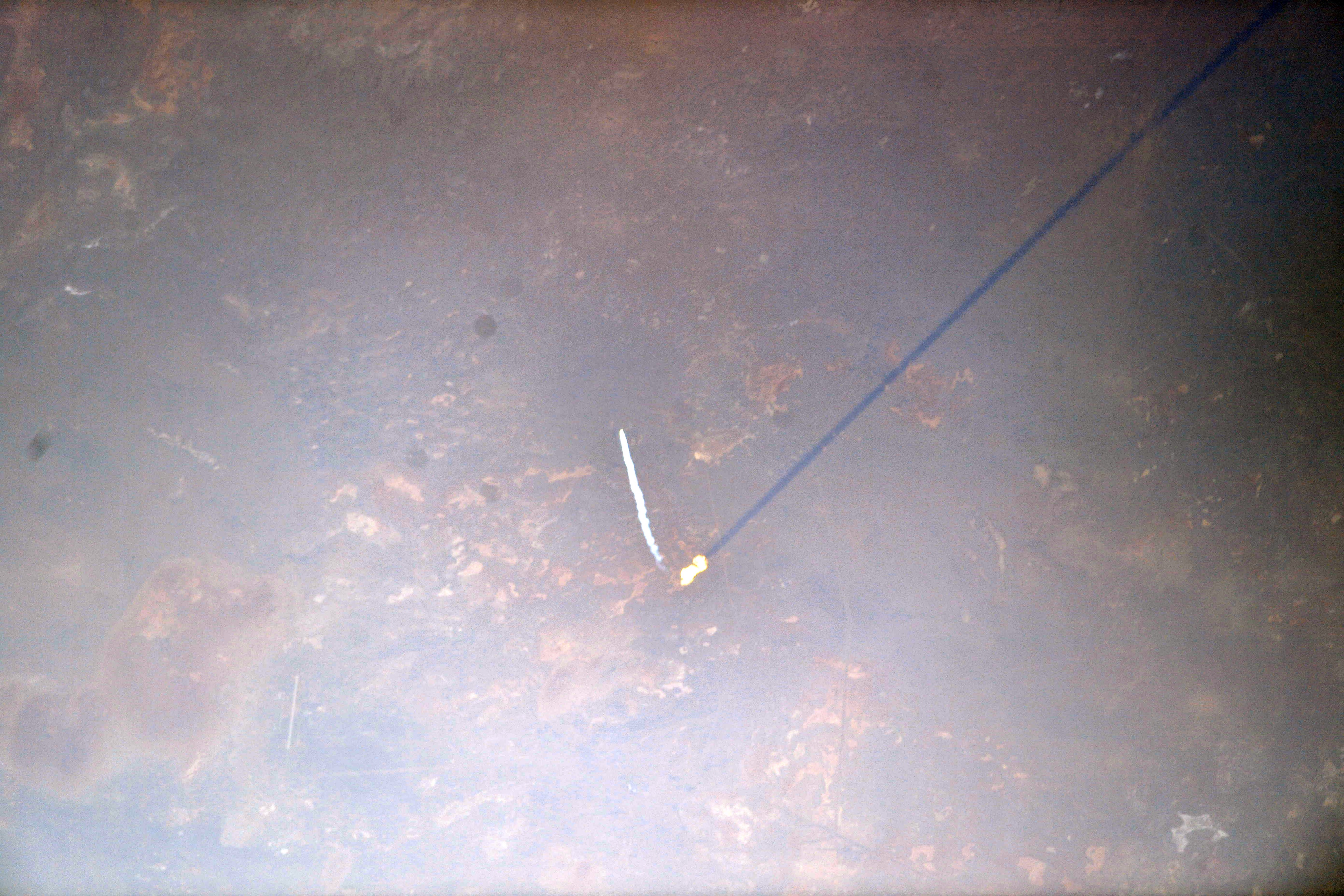
_1663937394977.jpg)
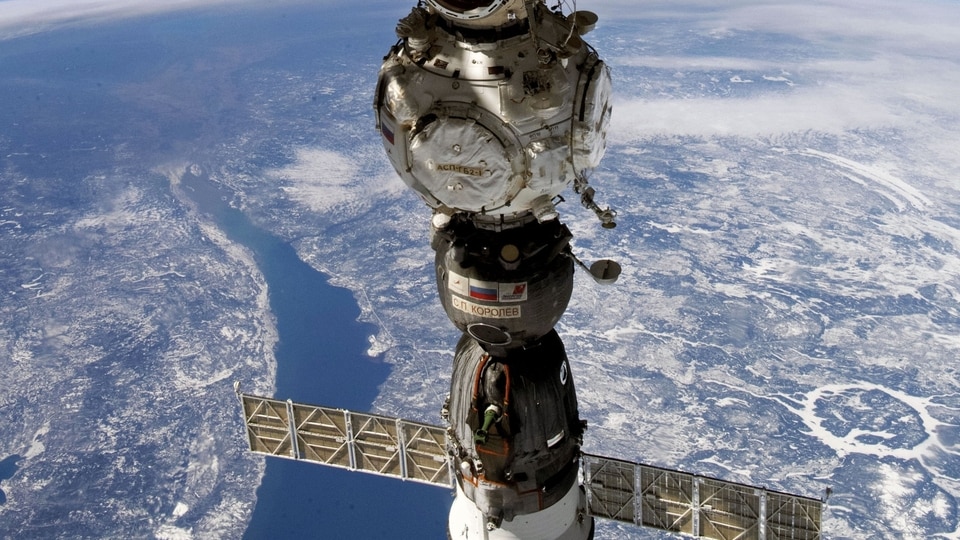
 View all Images
View all ImagesRussia plans to bring its Soyuz spacecraft back to Earth without its original crew after the vehicle sprang a coolant leak while docked with the International Space Station.
Roscosmos, the state space corporation, also plans to expedite the launch of its next Soyuz to the ISS without a crew to serve as a replacement vehicle to get the astronauts home, according to a Telegram post Wednesday. That launch is now planned for Feb. 20. The three astronauts — two Russians and one American — who flew to space on the original Soyuz will have to stay on the station longer than originally planned.
On Dec. 14, Russia called off a planned spacewalk for two cosmonauts after discovering the leak. Sergey Prokopyev and Dmitri Petelin had donned their spacesuits for the event and were preparing to leave the airlock when teams on the ground noticed the Soyuz spewing particles of coolant into space.
Roscosmos says it believes the leak was caused by a meteoroid impact after performing an experiment with a high velocity gun. Astronauts on board the ISS used cameras on the Canadian robotic arm to inspect the source of the leak, pinpointing the origin to a small hole in the Soyuz's external cooling loop, which radiates heat. Roscosmos says the hole is less than 1 millimeter in diameter.
Roscosmos has since tested the Soyuz thrusters, which seemed to perform as expected. Flight controllers have also been monitoring the temperature and humidity of the Soyuz, which have remained within standard limits, according to NASA.
However, both Roscosmos and NASA said they are concerned of possible overheating during landing in the Soyuz compartments that house the crew and equipment. Temperatures could reach up to 40 degrees Celsius (104 degrees Fahrenheit) during landing because of the coolant leak.
“You're worried about inside the cabin and the crew getting heated up,” Joel Montalbano, NASA's ISS program manager, said during a press conference about the decision. “You also worry about humidity inside and the hardware operating.” Montalbano also expressed concern about the Soyuz's main computer getting overheated, which is in area that can't be reached by crew members.
Prokopyev and Petelin, along with NASA astronaut Frank Rubio, rode on the Soyuz to the space station in September 2022. They were originally supposed to come home in the spring, but it's possible they could stay as late as September, coinciding with the next crew to launch on the Soyuz.
Roscosmos expects the empty Soyuz to undock from the space station possibly in mid- to late-March, after the replacement Soyuz arrives. The plan is to move some equipment from the old Soyuz to the new one, such as space suits and survival gear. The old Soyuz will also return some experiments to Earth.
NASA also confirmed that it has been in contact with SpaceX about possibly using the company's Crew Dragon, currently docked at the ISS, in case of an emergency on board the ISS that would require astronauts to evacuate the station. As of now, if the crews had to evacuate the ISS, they would still use the original Soyuz along with the Crew Dragon capsule. “If you had to evacuate, which would be a very rare occurrence, you would go in your respective vehicles today,” Montalbano said.
Catch all the Latest Tech News, Mobile News, Laptop News, Gaming news, Wearables News , How To News, also keep up with us on Whatsapp channel,Twitter, Facebook, Google News, and Instagram. For our latest videos, subscribe to our YouTube channel.






















